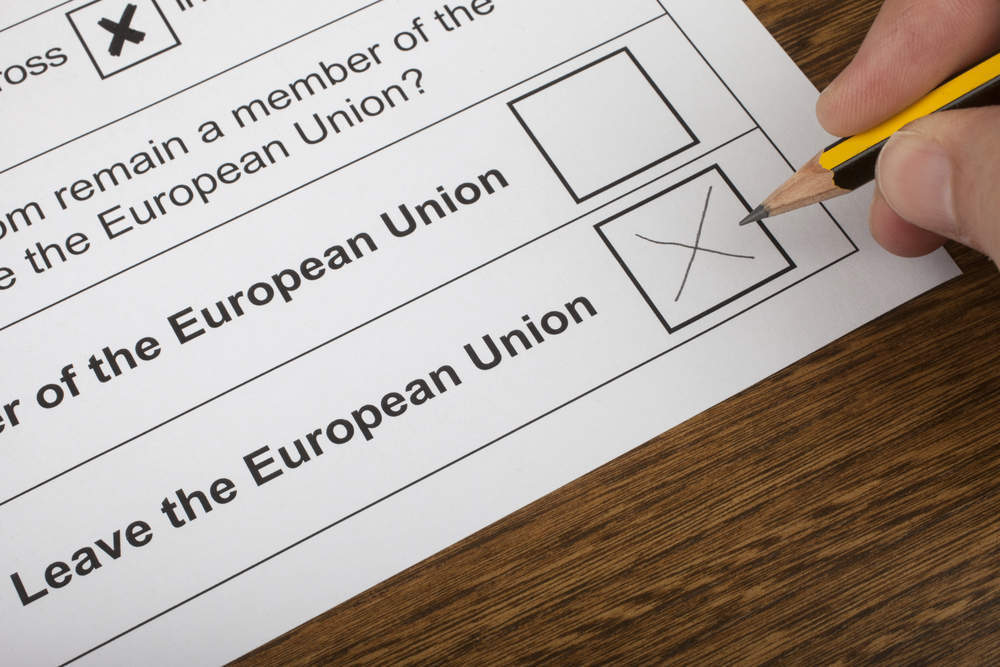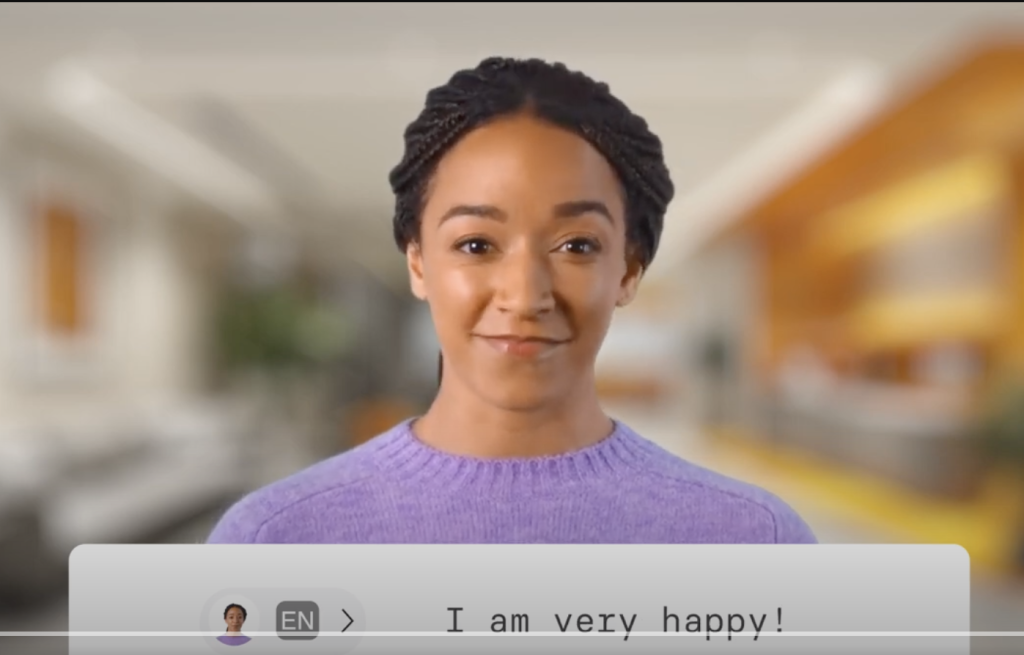
What do the British public want from the future relationship between the UK and the EU?
They want the UK government to strike a deal with the EU resembling the European Economic Area’s (EEA) “Norway model,” according to a joint report published today by the University of Cambridge and the think tank a UK in a changing EU.
The research canvassed opinion from across the UK including areas which voted overwhelmingly to Remain such as Cambridge and Leave strongholds such as Bolton in Lincolnshire.
The majority of participants said they hope British prime minister Theresa May will ensure full single market access with no free movement or payments to the EU — a position the EU rejects.
However, when people were presented with various more viable options, participants recognised the need for compromise.
The overall consensus was that a deal similar to that of the EEA’s ‘Norway model’ was the preferred choice.
How well do you really know your competitors?
Access the most comprehensive Company Profiles on the market, powered by GlobalData. Save hours of research. Gain competitive edge.

Thank you!
Your download email will arrive shortly
Not ready to buy yet? Download a free sample
We are confident about the unique quality of our Company Profiles. However, we want you to make the most beneficial decision for your business, so we offer a free sample that you can download by submitting the below form
By GlobalDataEEA membership gives Norway full access to the EU’s internal market, allowing it to trade goods with EU states without customs fees, except food and drinks which are subsidised by the EU.
In return for that access Norway is obliged to implement all the EU’s laws relating to the internal market. The Scandinavian country complies with about three-quarters of all EU legislation, including the working time directive.
“The EEA option was consistently seen by Leave and Remain voters alike to be an acceptable compromise that allows limits to freedom of movement and reduces the UK’s financial contribution to the EU. People wanted full access to trade in goods and services with the EU,” said Catherine Barnard, professor of EU law at the University of Cambridge, who co-authored the report.
“Remodelling the UK’s relationship along lines similar to the EEA was frequently described as a ‘rebalancing’. There was an almost universal desire among the study’s participants for EU citizens who are economically active or want to study in the UK to be able to continue to come,” she added.
What did people feel immediately after the EU referendum result?
Britons felt angry and anxious following the EU referendum, according to the report, and many still resent how politicians from both the Leave and Remain camps behaved during the campaign.
Some participants said the referendum vote resulted in a more divided society, while others reported feeling “embarrassed or awkward” around EU nationals because of Brexit.
“We found anxiety, but also resentment,” said Barnard. “Many young people, including those in prominent Leave-voting areas, expressed anger at the referendum, and a result they felt they would be living with for the rest of their lives.”
“Despite Theresa May’s claim that the country is coming together, the discussions we had with people across the east of England revealed deep wounds and a divided society, generationally and geographically.”
The report also found that many people lacked a basic knowledge of the EU and didn’t truly understand what they were voting for in last June’s referendum.
The most common questions included: how is the EU is structured? What are its key institutions are and what they do? What is the Single Market?
In general, however, Barnard and Ludlow found people who voted to Leave were able to provide more concrete reasons for their decision.
Many of those participants explained how the EU had interfered too much in the UK’s affairs.
“A key reason many people gave for voting Remain was inertia, that they saw no good reason to change the status quo. Leave voters could more often give a range of reasons for their vote: from immigration and a perceived erosion of British identity to the promise of additional healthcare funding,” said Amy Ludlow, a lecturer in law at the University of Cambridge’s Gonville and Caius college.
The report’s findings will be presented at Michaelhouse Cafe in Cambridge on 22 May.







